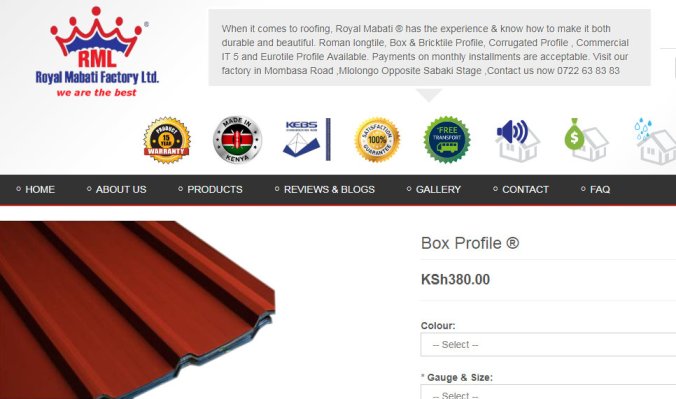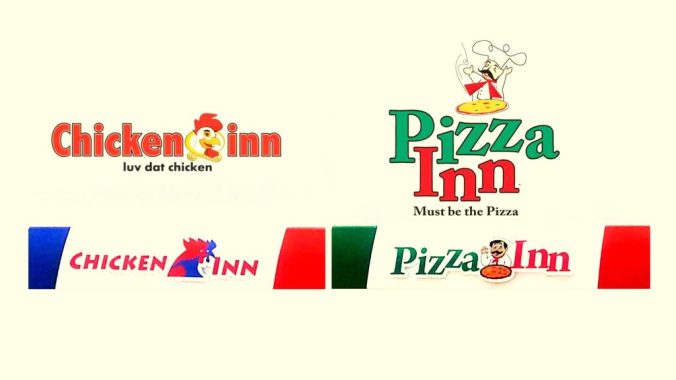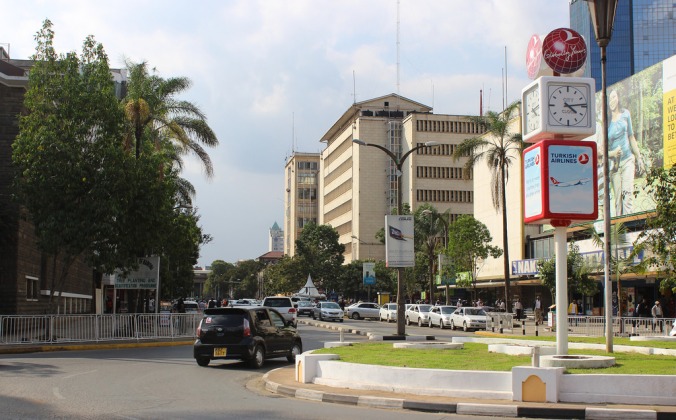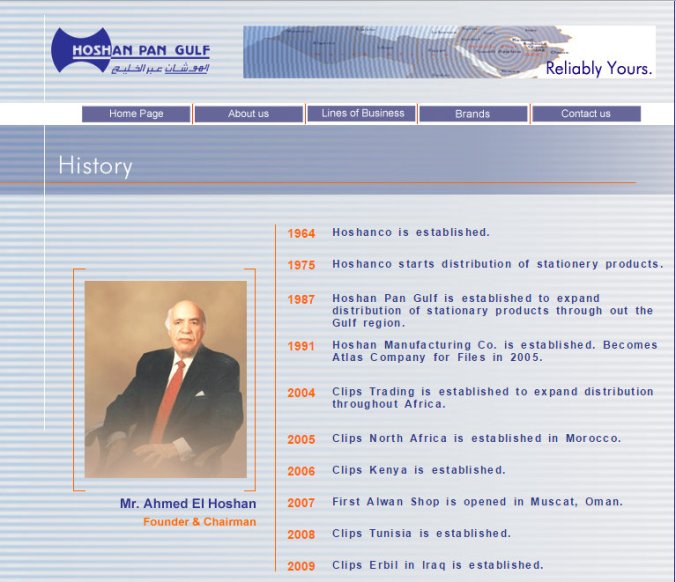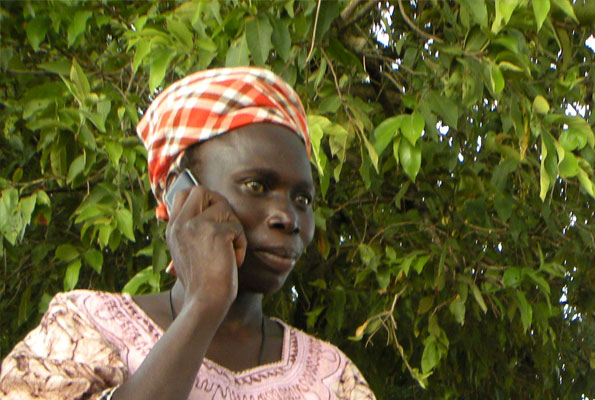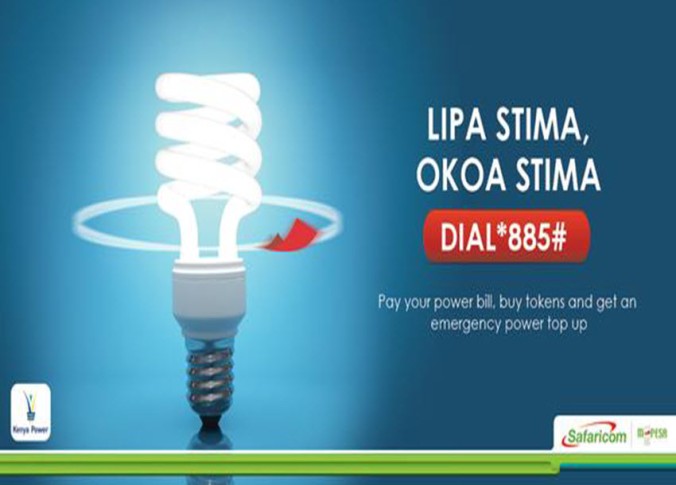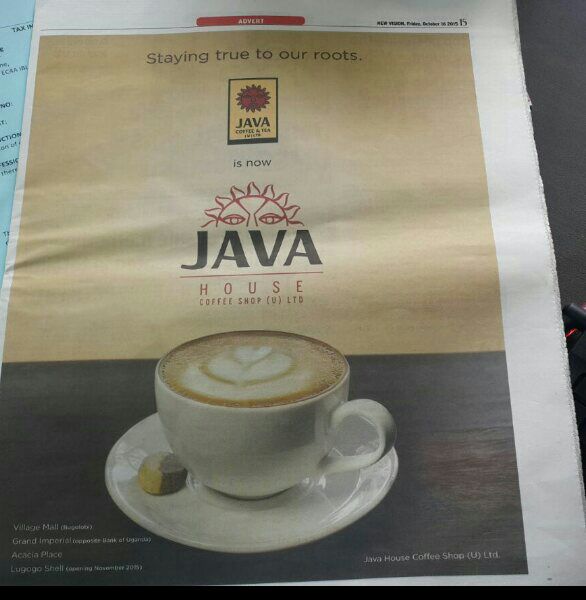
- Ethiopia: Gearing up the postal sector to drive development [UPU]
- Egypt: Mo Salah accuses Football Association of ignoring image rights [BBC]
- Ghana: ARIPO launches Masters in Intellectual Property at KNUST [Going Places]
- Nigeria: ‘White gold’ – GM cotton hope for troubled textile industry [GLP]
- South Africa: Collecting society SAMRO under fire over multi-million US Dollar Dubai investment [Apparently]
- Zimbabwe: ARIPO Magazine Vol.8 No.2 is out [Get Your Copy Here]
- Kenya: Struggle to modernise traditional medicine is far from won [The Star]
- Double Trademark Law Whammy this week over at Afro-IP [Afro Leo & Friends]
- ICYMI: This Blogger is Now A Member of the Copyright Tribunal [Shameless Plug]
- New Paper Looks At Differential Protection For TK, Folklore [IP-Watch]
- Creative Markets and Copyright in the Fourth Industrial Era: Reconfiguring the Public Benefit for a Digital Trade Economy [Okediji]
- 5th Global Congress on Intellectual Property and the Public Interest [Register Here]
For more news stories and developments, please check out #ipkenya on twitter and feel free to share any other IP/ICT-related items that you may come across.
Have a great week-end!
